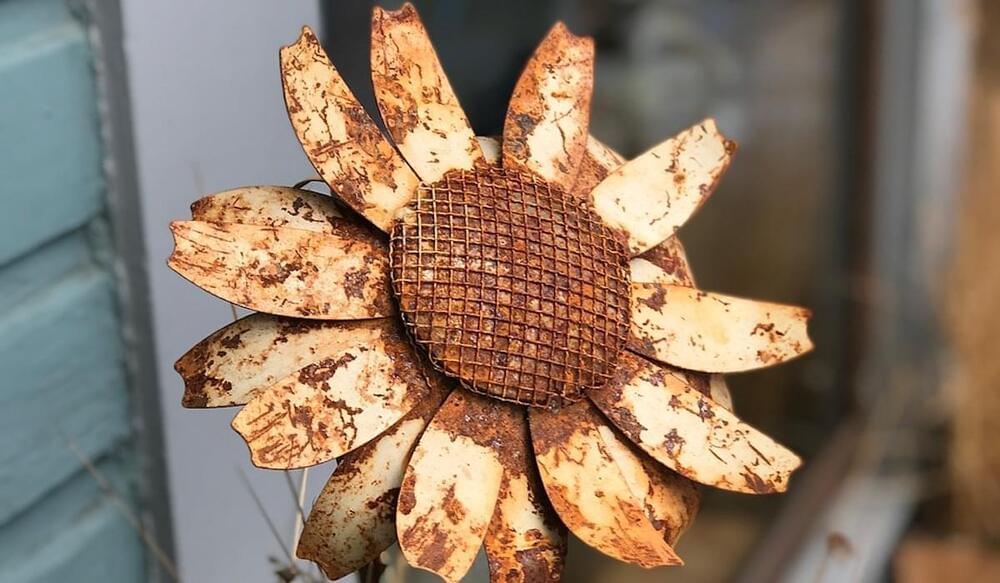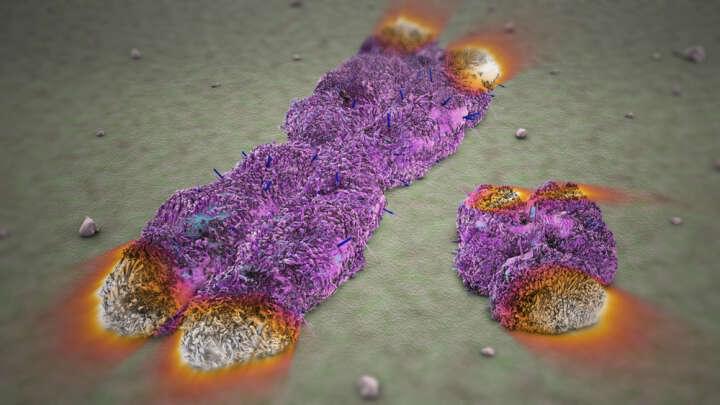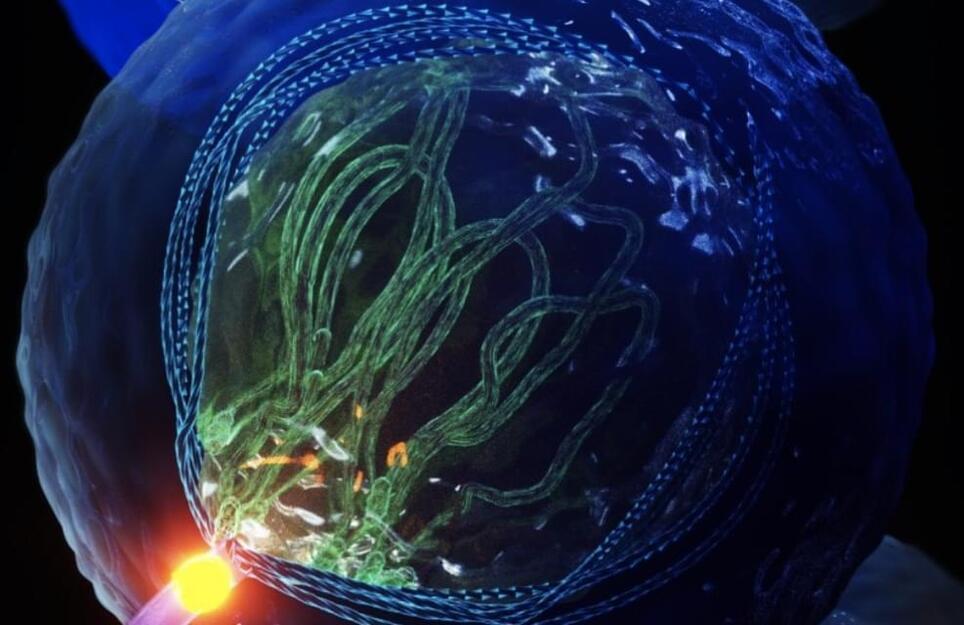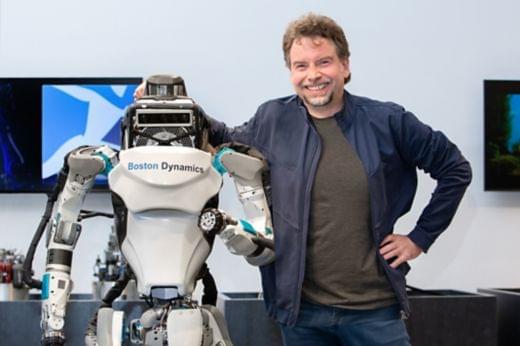May 14, 2022
Mysterious invisible walls may have been discovered in outer space
Posted by Brent Ellman in categories: particle physics, space
“Scientists suspect that a ”fifth force” may be at work in space. This force, which they believe is mediated by a hypothetical particle called a symmetron is responsible for creating invisible walls in space.
The walls aren’t necessarily like the walls of a room. Instead, they are more like barriers. And, they could help explain an intriguing part of space that has left astronomers scratching their heads for quite a while.
BGR.
Continue reading “Mysterious invisible walls may have been discovered in outer space” »

















